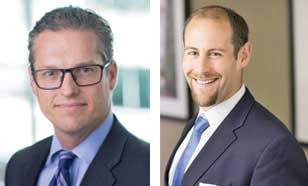Penn State University recently decided to waive attorney-client privilege and cooperate in the criminal prosecutions of certain former employees. Obviously, the former employees have attempted to assert privilege to exclude potentially incriminating statements. How would it affect their claims of privilege if the university shared that confidential information with outside consultants hired during the investigation?
Like most large organizations dealing with a crisis, Penn State hired a number of consultants and public relations firms following the sexual-abuse revelations about former assistant football coach Jerry Sandusky. While independent consultants can provide valuable independent opinions, their work often requires sharing confidential communications. As companies and organizations have increasingly relied upon outside consultants, courts throughout the country have struggled to identify standards for applying the attorney-client privilege to communications between those consultants and in-house counsel. It is critical for counsel to understand these standards in order to take early action to protect communications with outside consultants.



